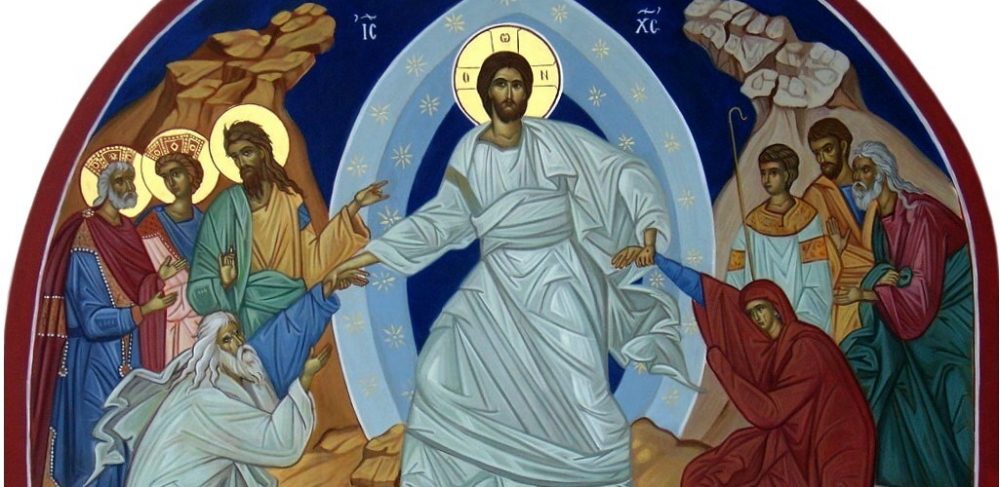
Author Archives: Fr. Stephen Lourie
Iconography Class
Featured
![]()
Expansion Project
Featured
We need more room!
We have a plan to expand our church worship space (the nave), add a narthex (entryway), and build two rooms, one a classroom and meeting room, the other room to be an office for the pastor.
In the process we will have more room in the hall because the current office will be taken our and replaced with two tables and chairs.
We are projecting our costs to be in the $400-450, 000 range and are close to accepting bids from Commercial Contractors.
We current have approximately $220,000.00 in our building fund.
You can help.
Click on the donate tab and make a donation for the building fund, or send a donation check to our address.
We thank you in advance for your support.

Meeting of Christ in the Temple
Featured
This feast, one of the 12 Great Feats, is celebrated on February 2, at 9 am with a Divine Liturgy.
The Meeting of our Lord God and Savior Jesus Christ is described in the third Gospel (Luke 2:22-40). Forty days after His birth the Divine Child was brought to the Temple at Jerusalem to be presented to the Lord. According to the Law of Moses (Lev. 12:2-8), a woman who gave birth to a male child was forbidden to enter the Temple for forty days. At the end of the time of her purification, the mother went to the Temple with the child, to offer a young lamb, two turtledoves, or pigeons to the Lord as a sacrifice. The Most Holy Virgin had no need of purification, since she had given birth to the Source of purity and sanctity. Out of humility, however, she fulfilled the requirements of the Law.
At this time the righteous Elder Simeon (February 3) was living in Jerusalem. It had been revealed to him that he would not die until he beheld the promised Messiah. By divine inspiration, Saint Simeon went to the Temple at the very moment when the Most Holy Theotokos and Saint Joseph had brought the Child Jesus to fulfill the Law.
Saint Simeon received the divine Child in his arms,1 and giving thanks to God, he spoke the words repeated by the Church each evening at Vespers: “Lord, now lettest Thou Thy servant depart in peace, according to Thy word, for mine eyes have seen Thy salvation, which Thou hast prepared before the face of all people, a light to enlighten the Gentiles, and the glory of Thy people Israel” (Luke 2:29-32). Saint Simeon said to the Most Holy Virgin: “Behold, this child is set for the fall and rising again of many in Israel, and for a sign which shall be spoken against. Yea, a sword shall pierce through your own soul also, that the thoughts of many hearts may be revealed” (Luke 2:34-35).
At the Temple was an 84-year-old widow, Saint Anna the Prophetess, the daughter of Phanuel (February 3), “who did not leave the temple, but served God with fasting and prayers night and day.” She arrived just when Saint Simeon met the Divine Child. She also gave thanks to the Lord and spoke of Him to all those who were looking for redemption of Jerusalem” (Luke 2:38). In the icon of the Feast she holds a scroll which reads: “This Child has established Heaven and earth.”
Before Christ was born, the righteous men and women lived by faith in the promised Messiah, and awaited His coming. The Righteous Simeon and the Prophetess Anna, the last righteous persons of the Old Testament, were deemed worthy to meet Him in the Temple.

Meeting of the Lord (Menologion of Basil II, 10th – 11th c.)
Lenten Calendar
Featured

